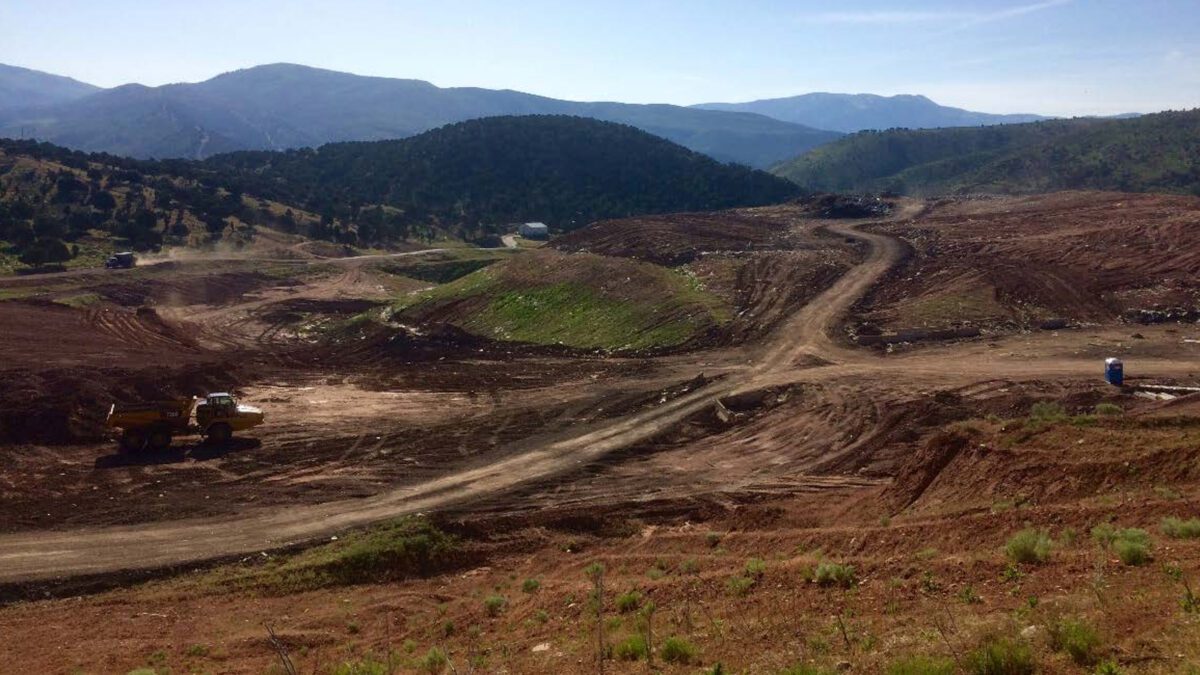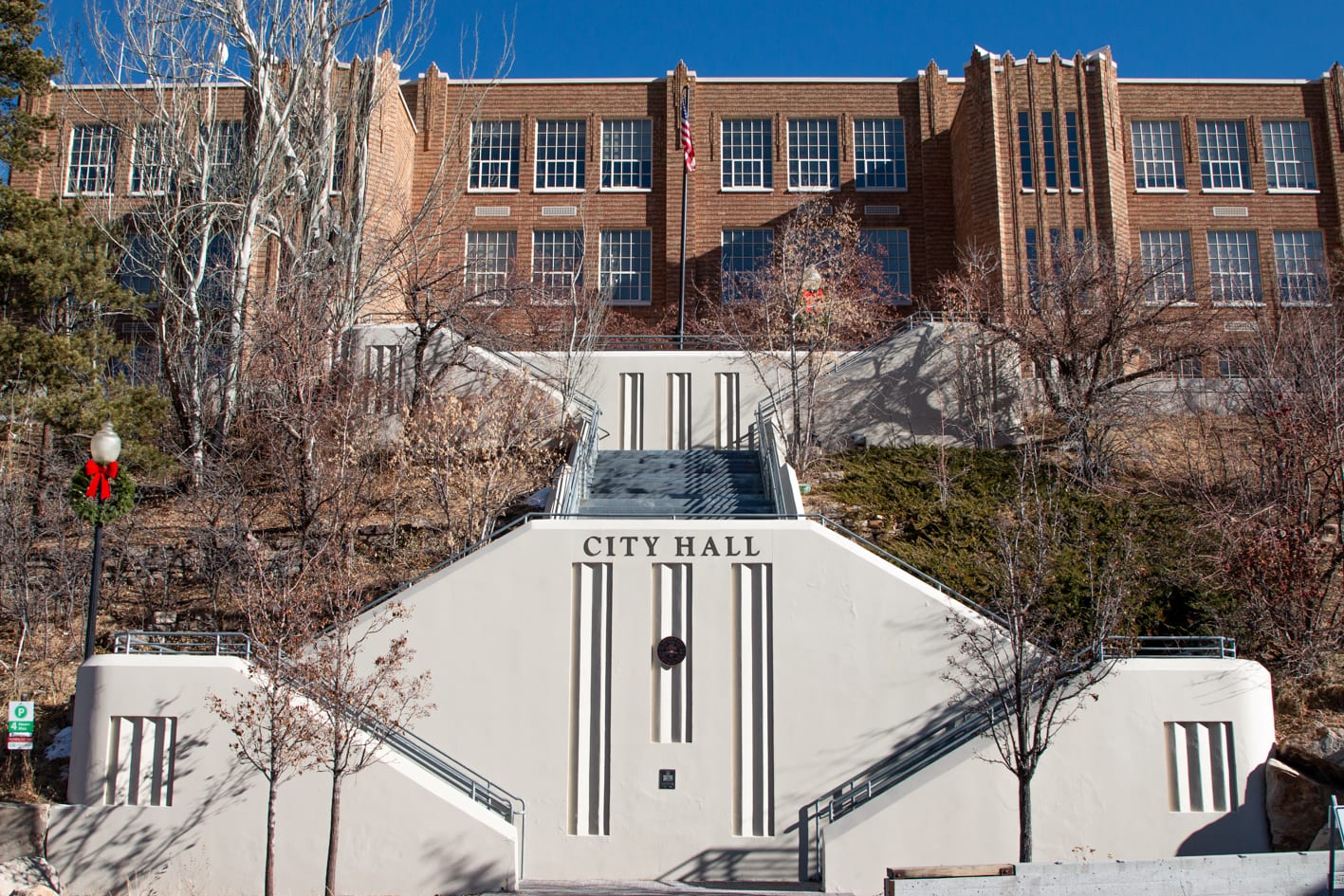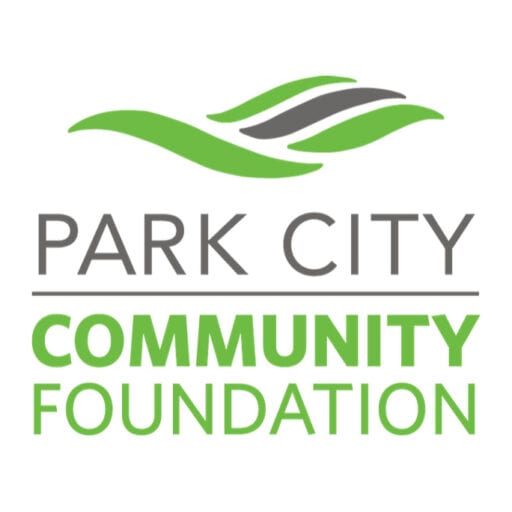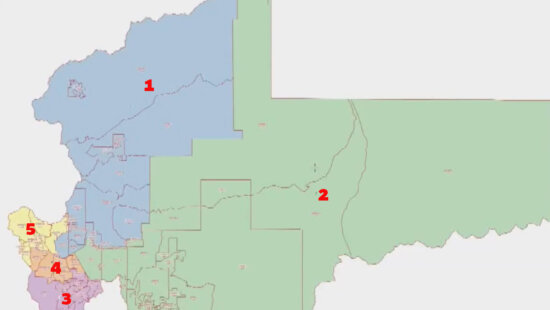Community
Park City Community Foundation’s Climate Fund to focus efforts on eliminating food waste

Summit County Landfill. Photo: Courtesy of Summit County
PARK CITY, Utah — Being more environmentally conscious as a community has been a task placed on organizations in the area with the need to align with Park City Municipal’s plan to reach net zero emissions by 2030. The Park City Community Foundation’s (PCCF) Climate Fund is significant in helping the push toward achieving that goal.
On Monday, the PCCF announced that the fund will focus on waste diversion and reductions, with a critical component being eliminating food waste from entering the Summit County landfill by 2030.
Becoming a zero-food waste community is a difficult task to take on, but not an impossible one. The fund will focus its investments on high-impact waste reduction and diversion efforts in the county, with composting and energy recovery at the top of the list of solutions.
“Eliminating food waste significantly reduces methane emissions and is one of the best and quickest ways we can have a local impact on slowing the rate of global warming,” said Joel Zarrow, president and CEO of Park City Community Foundation. “The Community Foundation plays an important role in addressing critical challenges in our area, which is why we focus on climate and our mountain environment. Our Climate Fund will bring together partners, business leaders, nonprofits, and donors to get the entire community on board with zero food waste.”
Food waste makes up 80% of the waste that ends up in the Summit County Landfill, making the targeting of food waste a prime choice that will have significant impacts.
“Summit County residents care about the local and global impacts of climate change, and waste diversion is an essential step in creating a more sustainable, safe, and healthy environment for our residents,” said Eyee Hsu, board member of Park City Community Foundation and member of the Climate Fund Steering Committee.
“The climate solutions we implement in Summit County have the potential to scale through partnerships with other mountain towns, which will further amplify the impact on CO2 emissions,” said Hsu. “We have a unique opportunity as a mountain community to be leaders in this space and I believe we truly can make a measurable difference.”
Of the sources of methane emissions in the United States, solid waste from landfills is the third-largest. This occurs as the solid waste breaks down over time, causing greenhouse gasses into the atmosphere and allowing pollutants to seep into soil and groundwater, creating other environmental problems.
Methane traps heat at a rate of 84 times that of carbon dioxide and have been cited as the cause of nearly 25% of the current atmospheric warming. While the impact is large, methane has a short shelf life of around 12 years compared to carbon dioxide’s 30 years. Finding ways to reduce or eliminate methane emissions could have a quicker effect on global warming.
The PCCF’s Climate Fund has made over $527,000 in investments in local organizations since the programs started in 2019. The fund is also a source of educational events, with the latest featuring National Geographic filmmaker and photographer Pete McBride.



















